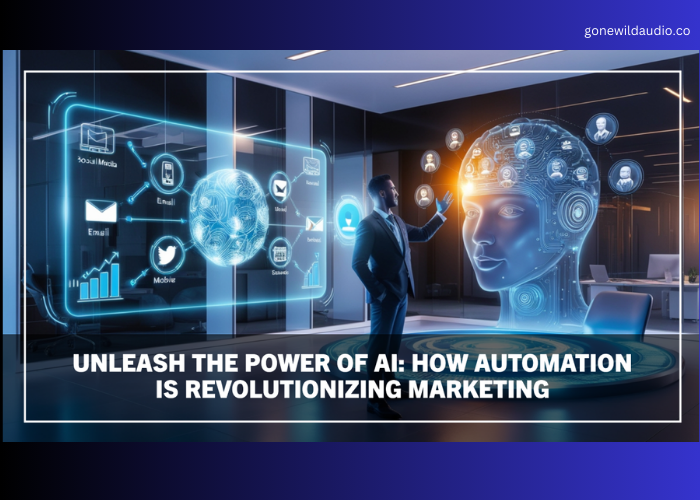In the digital era, artificial intelligence (AI) and automation are reshaping industries at an unprecedented pace. These technologies, once confined to the realm of science fiction, have become indispensable tools for businesses striving to stay competitive. From manufacturing to healthcare, the transformative impact of AI and automation is evident in increased efficiency, reduced costs, and enhanced innovation.
The Role of AI and Automation
AI refers to the simulation of human intelligence by machines, while automation involves using technology to perform tasks with minimal human intervention. Together, these technologies streamline operations, improve decision-making, and enable the creation of entirely new business models.
Key Industries Being Transformed
1. Manufacturing: AI-powered robots and automated systems are revolutionizing production lines. Tasks like assembly, quality control, and inventory management are now faster and more accurate. Predictive maintenance, enabled by AI, reduces downtime and extends the lifespan of machinery.
2. Healthcare: AI is enhancing diagnostics, treatment planning, and patient care. Tools like AI-driven imaging systems detect diseases such as cancer at early stages, while robotic surgery systems offer precision that was previously unattainable. Automation streamlines administrative tasks, allowing healthcare professionals to focus more on patient care.
3. Retail: Personalized recommendations powered by AI are transforming the shopping experience. Automated systems manage inventory, optimize supply chains, and enhance customer service through chatbots and virtual assistants.
4. Finance: AI algorithms analyze vast amounts of data to identify fraud, assess credit risks, and optimize investment strategies. Robotic process automation (RPA) speeds up tasks like loan processing and compliance checks, improving efficiency and reducing human error.
5. Transportation and Logistics: Autonomous vehicles and drones are redefining delivery and transportation. AI optimizes routes, predicts maintenance needs for fleets, and enhances safety through advanced driver-assistance systems (ADAS).
Benefits of AI and Automation
- Increased Productivity: Machines operate 24/7 without fatigue, significantly boosting output.
- Cost Savings: Automation reduces labor costs and minimizes waste.
- Improved Quality: AI ensures consistent, high-quality outcomes by eliminating human errors.
- Innovation: These technologies enable businesses to create new products and services, expanding market opportunities.
Challenges and Considerations
While the benefits are immense, the adoption of AI and automation comes with challenges. Concerns about job displacement, data privacy, and ethical use of AI must be addressed. Reskilling and upskilling the workforce are critical to ensure employees can thrive in an automated world.
The Future Outlook
As AI and automation continue to evolve, their potential to drive innovation across industries is boundless. Collaboration between technology developers, businesses, and policymakers will be key to harnessing these advancements responsibly.
In conclusion, AI and automation are not just tools of the future; they are shaping the present. By embracing these technologies, industries can unlock unprecedented growth and efficiency, paving the way for a smarter, more connected world.

